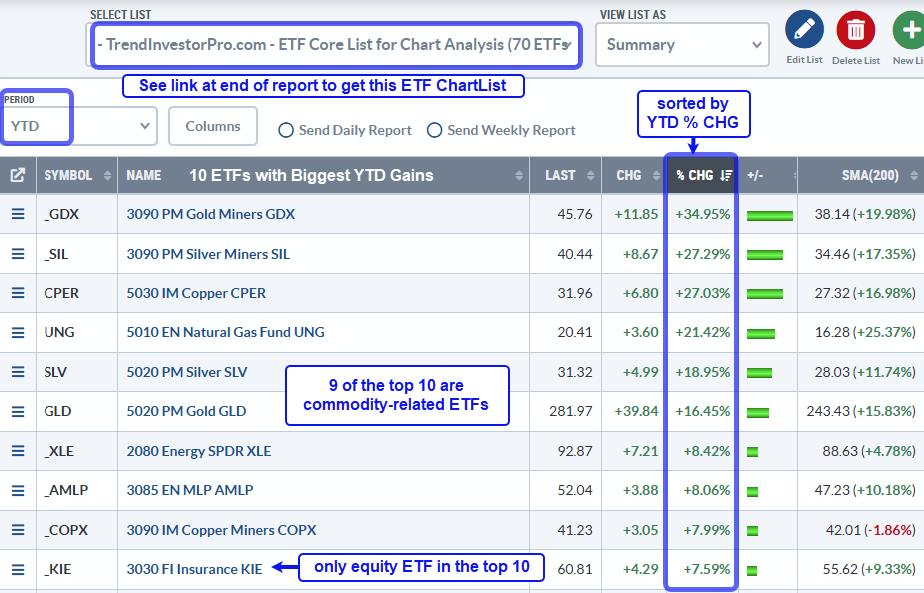 This is a true story about someone whom I’ll refer to as an investing “refutenik”. But first, a bit of background. The long-term financial viability of Social Security is questionable, yet some politicians like to toss around the idea of delegating more accountability to John Q. Public for taking responsibility for his or her own retirement well-being, In expecting people to embrace both regimented savings and disciplined investing, I’m reminded of a famous quote about democracy that I’ll just paraphrase: “The best argument against encouraging the citizenry to be responsible for financing their own retirement is a five-minute conversation with the average American.”
This is a true story about someone whom I’ll refer to as an investing “refutenik”. But first, a bit of background. The long-term financial viability of Social Security is questionable, yet some politicians like to toss around the idea of delegating more accountability to John Q. Public for taking responsibility for his or her own retirement well-being, In expecting people to embrace both regimented savings and disciplined investing, I’m reminded of a famous quote about democracy that I’ll just paraphrase: “The best argument against encouraging the citizenry to be responsible for financing their own retirement is a five-minute conversation with the average American.”
Bear with me; you’ll see where I’m going with this. I’ll share with you a personal story and then explain why I ask for your help . If you’re reading this blog, my bet is that you’re already more financially savvy than 95% of the citizenry. I feel that kind of blessing comes with a certain community responsibility.
I know for a fact that there exists an entire ocean of investor refuteniks out there. My firsthand story is about one such individual. Name changed, of course, but the facts are indeed based on my interactions with this person over nearly 15 years.
Barbara has been a business acquaintance for more than a decade, and as such, she’s well aware of what I do professionally. Over the years, she’s repeatedly asked me questions regarding her finances. Whenever we meet, I always remind her that I have no clients but only manage my own portfolio. She knows that we’re just two friends talking and that nothing I say should ever be construed as actual investment advice. What she gets is unbiased brutally honest guidance.
Despite having made this disclaimer clear from the start of our acquaintance, I have subtly peppered my little sermons to her with nuggets of fatherly advice about paying down her credit card debt and saving a certain percentage of her monthly earnings. Over time, my suggested savings amount has drifted lower from an initial suggestion of 10-15 percent all the way down to a current target of only 2-5 percent. It was clear to me early on that Barbara wasn’t grasping the importance of savings as she had little set aside over the years. But just recently, she proudly announced to me that she’s finally managed to pay off her credit card debt. Progress, I’d say, albeit a decade in the making.
In my experience, Barbara has many attributes that are stereotypic of the average investing refutenik. In our early association, my sincere offers to help her were genuine, although I fear those futile attempts may have been interpreted as condescending. It was similar, for example, to trying to talk to folks about obesity, video game addiction or drug habits. They don’t want to hear comments about their personal struggles— especially from someone who doesn’t share the same problem.
In my estimation, Barbara, who is now in her sixties, has been unwilling to confront the obvious — she’s edging closer to retirement with each passing year. For a decade, she’s floundered in accepting that unavoidable reality and she’s thereby refused to embrace the inevitability of the financial circumstances that will come with age. Despite my many offers to help her fill out brokerage applications and my suggestions that she start investing even minuscule amounts into Vanguard index funds, she has never accepted my assistance. Instead, Barbara has kept claiming that the everyday financial pressure points of life have deemed her unready as of yet. For over a decade, Barbara has been financially frozen into immovable inactivity despite having me pester her on a regular basis.
You may ask yourself why some politicians are advocating a new financial ecosystem where the Barbaras of the world should be held responsible for their own retirement. I submit two possible reasons:
- Yes, some small percentage of the citizenry will embrace this responsibility and build financial nest eggs that are far superior to any payout from Social Security.
- More likely, however, is the fact that politicians and bureaucrats have failed to properly manage the Social Security trust fund and want to just “pass the buck” — throwing financial accountability back at the very people they were supposed to protect.
My observation is that the majority of the citizenry will continue to be financial refuteniks and will keep on ignoring their personal financial realities. Sadly, I’ve become convinced that people like Barbara are not capable of developing the inner recalibration necessary to manage their own retirement. There’s an ocean of financial refuteniks out there, and the numbers are simply too enormous for us to allow Social Security to fade away into oblivion.
This is not a political statement on my part. It’s based on decades of my observation and experience from a sample size of over 5,000 students. Shame on those politicians who hide behind campaign jargon and economic models that don’t work. Equality amongst investors is a fallacy. Both politicians and financial refuteniks will give you many excuses for their irresponsible financial behavior, but the end result is the same — they crawl into a cave of financial denial.
Okay — that’s the reality as I see it, Now here’s my pitch for your help and participation. We all know financial refuteniks like Barbara. If there’s one in your life — perhaps a neighbor, a relative or a colleague — please extend a helping hand in the way of financial guidance and encouragement. Need some talking points? Here are a few:
- The first and highest leverage suggestion is convince your refutenik that credit card debit is the root of evil. If not managed, it’s a burden that can end up attaching a heavy ball-and-chain to one’s life.
- Recognize that even mini-steps such as regular monthly savings can lead to a rainbow. Putting aside even a small percentage of your earnings each month puts the magic stardust of compounding to work for you. This is especially true when you’re young. With various tax incentivized options and programs out there, it’s a no-brainer strategy. The objective is to break the corrosive mentality of “live for today — tomorrow will take care of itself.”
- Call it mentorship, being a positive role model, or simply financial cheerleading. It’s astonishing the difference you can make in an individual’s long term well-being just by encouraging them in small ways.
- If and when your refutenik-mentees accept a new vision and engage in these straightforward disciplines, providing them a rational investment framework could take them to a new level that they might never have imagined. (A framework such as The Ten Essential Stages of Stock Market Mastery)
If you read The Traders Journal on a regular basis, you have a social responsibility to try to educate financial refuteniks. The alternatives are not pretty. We know for a fact that early attention is always far more powerful than late intervention. This is true in all kinds of arenas. For example, research with kids has certainly shown that early intervention is important. When parents are actively engaged in childrearing and their kids attend preschool, those children get launched on an early path to success. The evidence shows that by third grade, children who lack this kind of parental attention will have already fallen far behind with little chance of catching up.
So there you have it. — and I didn’t even get on my high horse about passing the financial baton to the next generation. The bottom line is simply this: if left to their own devices, financial refuteniks may just breed the next generation of refuteniks. You should try to prevent that by helping your friends and neighbors in whatever way you can!
Thanks for your attention.
Trade well; trade with discipline!
- Gatis Roze, MBA, CMT
- Author, Tensile Trading: The 10 Essential Stages of Stock Market Mastery (Wiley, 2016)
- Presenter of the best-selling Tensile Trading DVD seminar
- Presenter of the How to Master Your Asset Allocation Profile DVD seminar
- Developer of the StockCharts.com Tensile Trading ChartPack






